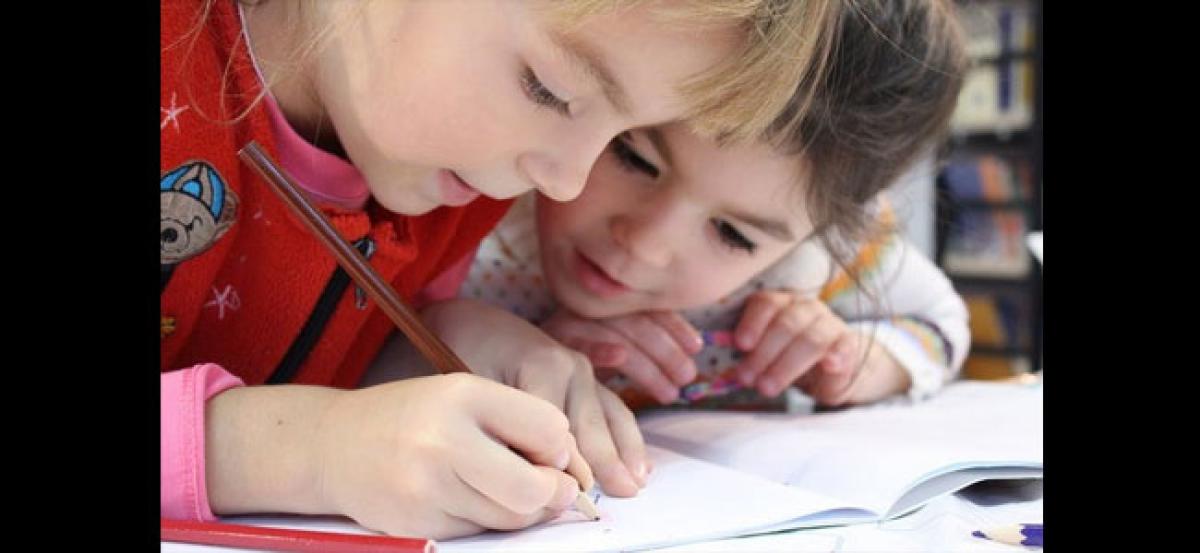The importance of encouraging curiosity in kids

Turns out, parents can do a lot to ensure the academic success of children in the later stages of life.
Washington D.C. : Turns out, parents can do a lot to ensure the academic success of children in the later stages of life.
According to a study conducted by the University of Michigan, curious children are better able to grasp basic math and reading. Hence, the researchers have called for more early learning interventions that support inquisitiveness among children.
The study, led by Prachi Shah, found that for children from poorer communities, curiosity was even more important for higher academic achievement than for children from more well-off backgrounds, and might serve as a potential target of intervention to close the achievement gap associated with poverty.
Children who have developed a wide range of socio-emotional skills are generally more successful when they start school. These skills include invention, imagination, persistence, attentiveness to tasks, as well as the ability to form relationships and manage feelings.
According to Shah, most current early learning interventions focus on improving a child's effortful control which includes their ability to concentrate or control impulses. Very few interventions aim to cultivate curiosity in young children - a trait that Shah described as the joy of discovery, and the motivation to seek answers to the unknown.
"Our results suggest that after controlling for other factors associated with higher achievement, curiosity continues to make a small but meaningful contribution to academic achievement," explained Shah.
This trait was found to be as important as an effortful control in promoting reading and math academic achievement at kindergarten age. This was especially true for children who showed an eagerness to learn new things.
The relationship between a child's curiosity and academic achievement was not related to a child's gender or levels of effortful control.
"These findings suggest that even if a child manifests low effortful control, high curiosity may be associated with more optimal academic achievement," added Shah. "Currently, most classroom interventions have focused on the cultivation of early effortful control and a child's self-regulatory capacities, but our results suggest that an alternate message, focused on the importance of curiosity, should also be considered."
The study appears in the journal Pediatric Research.















